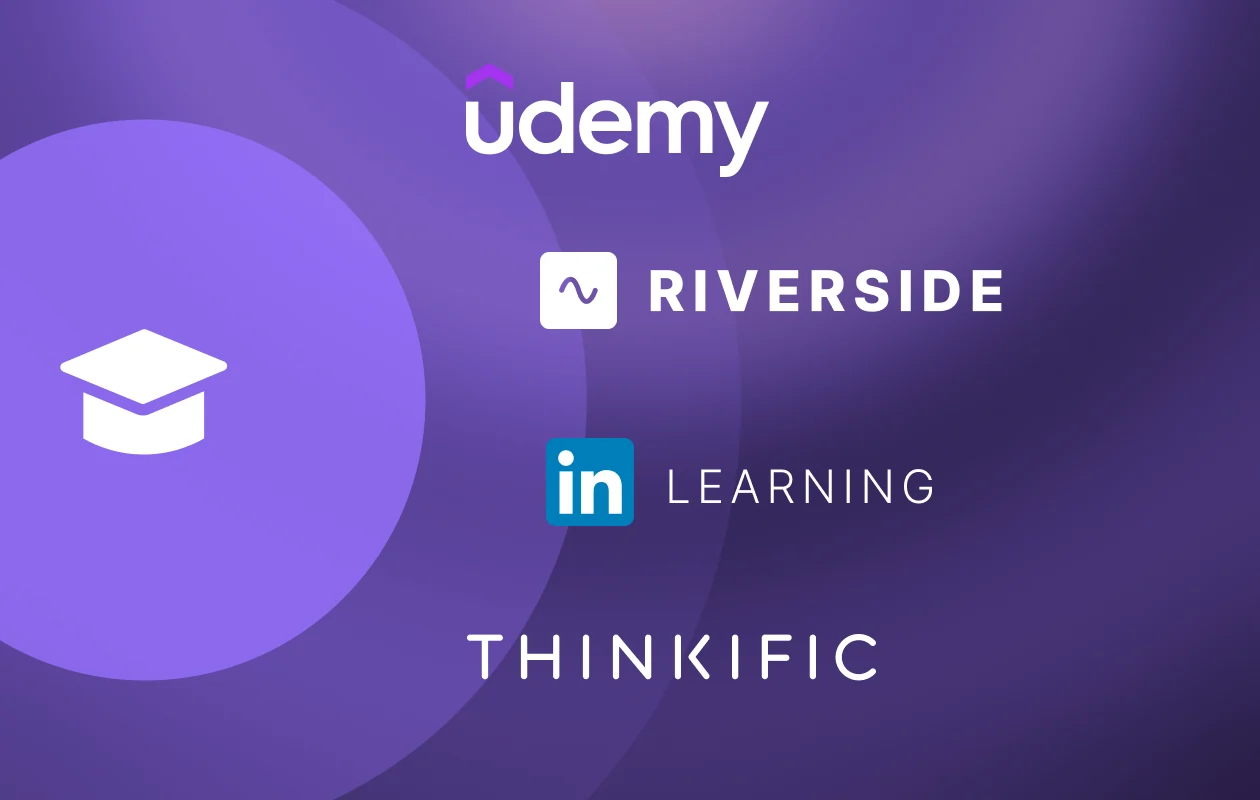In the dynamic landscape of education, offering online courses has emerged as a transformative force, reshaping the traditional paradigm of learning and democratizing access to knowledge. Platforms like Udemy have become the digital agora where educators, experts, and enthusiasts converge to share expertise, cultivate skills, and foster a global community of lifelong learners.
At its core, the decision to offer online courses signifies a commitment to breaking down geographical barriers and making education accessible to anyone with an internet connection. This virtual realm transcends the confines of physical classrooms, offering an expansive canvas where diverse subjects, from programming languages to creative arts, can be explored and mastered at one’s own pace.
For educators, the process of crafting online courses is akin to curating a rich tapestry of knowledge, combining expertise with pedagogical innovation. The courses become not only vessels of information but immersive experiences designed to engage, challenge, and empower learners. Whether it’s a comprehensive coding bootcamp, a language immersion program, or a course on digital marketing strategies, each module is a building block contributing to the edifice of a learner’s skill set.
The appeal of online courses lies in their flexibility. Learners, often juggling work, family, or other commitments, can tailor their educational journey to fit into the contours of their lives. Whether consumed in bite-sized chunks during a lunch break or delved into during a weekend marathon, online courses provide the autonomy to structure learning in a way that aligns with individual schedules and preferences.
Udemy, as a prominent player in the online learning ecosystem, offers a marketplace where instructors can showcase their courses to a vast audience. This platform transcends disciplinary boundaries, featuring courses on a kaleidoscope of subjects, ensuring that there’s something for everyone. Instructors, ranging from industry professionals to passionate hobbyists, find a global stage to disseminate their knowledge and impact learners across continents.
Navigating the world of online course creation involves not only expertise in the subject matter but also an understanding of instructional design, multimedia integration, and fostering an interactive learning community. Instructors curate content, supplementing video lectures with quizzes, assignments, and discussion forums to create a holistic learning experience. This multimedia approach ensures that learners receive a well-rounded education, fostering retention and application of acquired skills.
The community aspect is integral to the success of online courses. Learners aren’t just passive recipients of information; they become part of a dynamic cohort, exchanging ideas, troubleshooting challenges, and forming connections that extend beyond the virtual realm. This collaborative environment transforms online courses into hubs of collective intelligence, where diverse perspectives enhance the learning journey.
As the digital era propels us forward, offering online courses is not merely an educational endeavor; it is a catalyst for societal transformation. It bridges gaps in traditional education, democratizes knowledge, and empowers individuals to upskill, reskill, and pursue lifelong learning. The global reach of platforms like Udemy ensures that a farmer in rural Africa, a professional in bustling New York, and a student in Tokyo can all partake in the same learning experience, fostering a truly inclusive and interconnected world of education.
In conclusion, offering online courses on platforms like Udemy is a testament to the evolving landscape of education, where the barriers to learning are dismantled, and the pursuit of knowledge becomes a universal endeavor. Educators and learners alike contribute to this digital renaissance, shaping an educational ecosystem that is dynamic, accessible, and poised to redefine the future of learning.
